The advantages of living in a tiny house range from radically reducing maintenance and heating costs to the possibility of having a home at low prices.
Living in a tiny house
Living in a tiny house offers numerous advantages because they allow for reduce significantly the costsboth for purchase and maintenance, freeing up economic resources for other needs or for savings.
Tiny house in Oregon – Foto Wiki Commons
Simplicity and optimization of spaces invite a lifestyle minimalistfocused on the essentials and free from the excesses of consumerism.
Furthermore, tiny houses are often more sustainable compared to traditional homes, both in terms of materials used and energy efficiency, helping to reduce the environmental impact.
The ability to move easily, in the case of tiny houses mobileoffers unprecedented freedom, allowing you to live in different contexts and adapt to life or work changes. However, it is essential to pay attention to the normative currentwhich can vary greatly depending on the type of structure and its location.
What is a tiny house?
A tiny house is a small house designed to offer everything you need in an extremely small space, generally smaller than 40 square meters.
These homes are part of a movement that promotes simplicity and sustainability, offering a cheaper and more eco-friendly alternative to traditional housing. Tiny houses can be built on permanent foundations about are wheelsmaking them mobile and easily transportable.
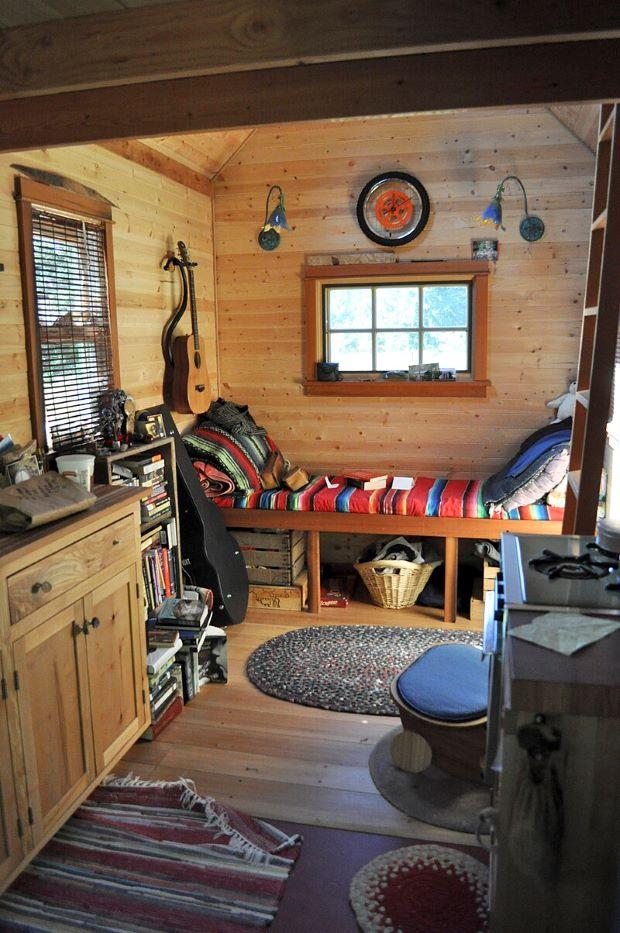 In tiny houses the internal spaces must be highly optimized – Photo Wiki Commons
In tiny houses the internal spaces must be highly optimized – Photo Wiki Commons
Despite their small size, these homes are designed to maximize the use of space through creative solutions such as mezzanines, multifunctional space-saving furniture and integrated storage spaces.
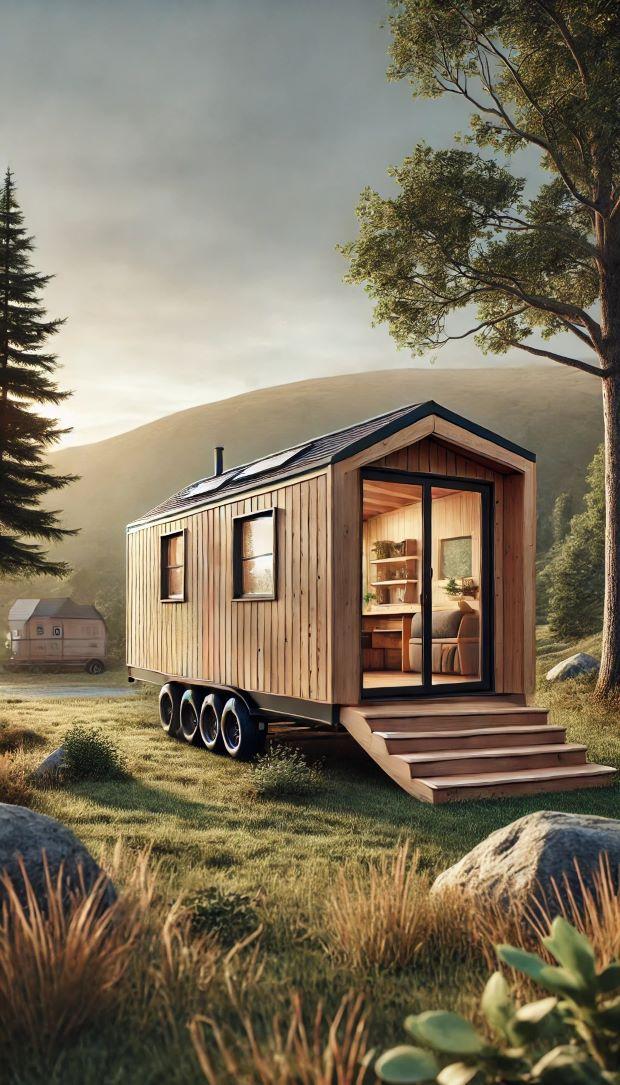 Representation of a tiny house on wheels – Photo ChatGpt4
Representation of a tiny house on wheels – Photo ChatGpt4
Tiny houses are ideal for those who want to live in a minimalistreducing their environmental impact and simplifying their lives. This type of home is also often chosen by those seeking greater financial freedom and the ability to move around easily.
All the advantages of tiny houses
Living in a tiny house involves reduction of spaces, flexibility due to the possibility of moving on wheels, thus adapting more easily to geographical changes due to professional and/or personal reasons.
Furthermore, the maintenance of a tiny house is minimaboth in terms of time and costs, making life easier and less stressful. From an environmental point of view, these homes require less resources for construction and heating, reducing the ecological footprint of those who live there.
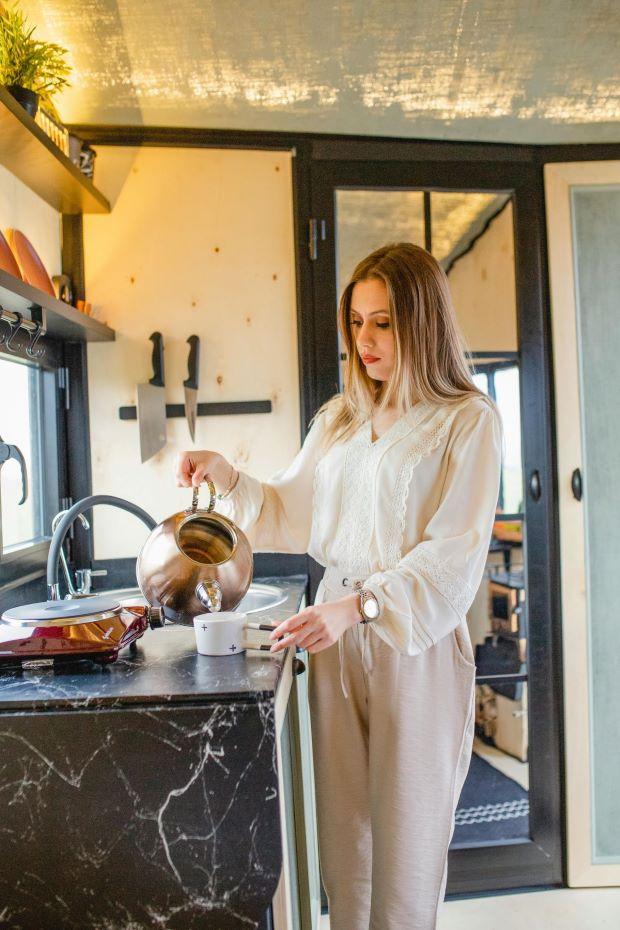 Kitchen in a micro house – Photo Pexels
Kitchen in a micro house – Photo Pexels
Furthermore, the adoption of solutions such as solar panels and rainwater harvesting systems is easier and more convenient. Finally, living in a micro home encourages a greater connection with the outside environment, thanks to a design that often favors large windows and open spaces, integrating nature into everyday life.
Tiny house in Italy: rules and limitations on mobility
In Italiamobile tiny houses are subject to regulations similar to those of recreational vehicles.
They must respect the Traffic Lawswhich imposes specific size limitations, including a maximum width of 2.55 meters and other technical features.
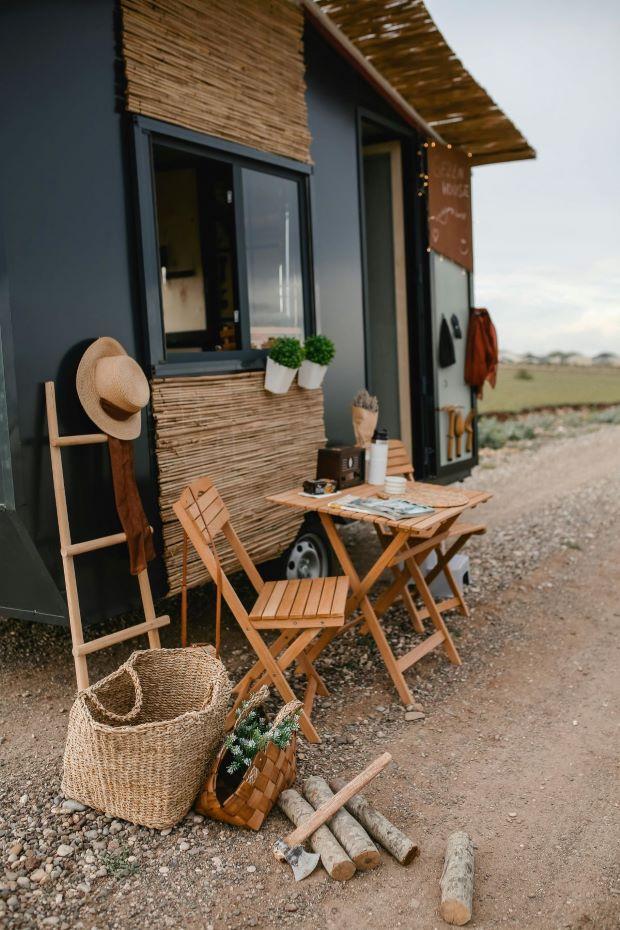 Exterior of a tiny mobile house – Photo Pexels
Exterior of a tiny mobile house – Photo Pexels
Furthermore, these homes must be equipped with targa, insurance e stamp to be able to circulate.
It is possible to place a mobile tiny house on private land, but only if it is autonomous from an energy point of view, with photovoltaic panels, chemical toilets and a water supply system.
Compliance with these rules is essential to avoid fines and ensure the safety of your home.
Tiny houses fixed: permits and building regulations
Le tiny house pussyhowever, must comply with local building codes like any other permanent construction.
This means that you need to get a building permit and submit a Certified Notification of Commencement of Activity (SCIA) to the relevant municipality.
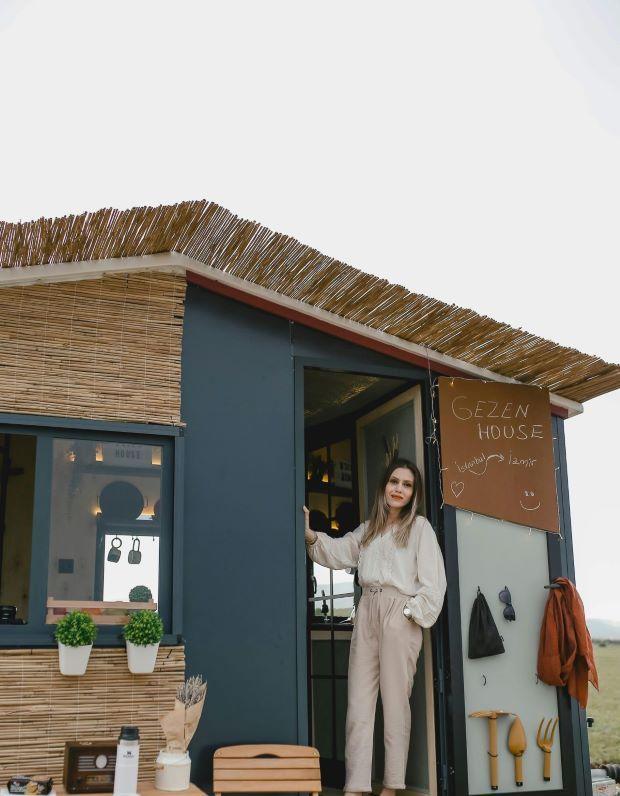 Tiny House – Foto Pixabay
Tiny House – Foto Pixabay
The regulations can vary significantly depending on the region or of the commonsince there is no specific legislation at national level for fixed tiny houses.
Therefore, it is essential to inform yourself about local regulations before proceeding with construction or installation, to avoid legal problems and to ensure that the tiny house is according to to the local urban planning and building laws.
Source: www.lavorincasa.it


